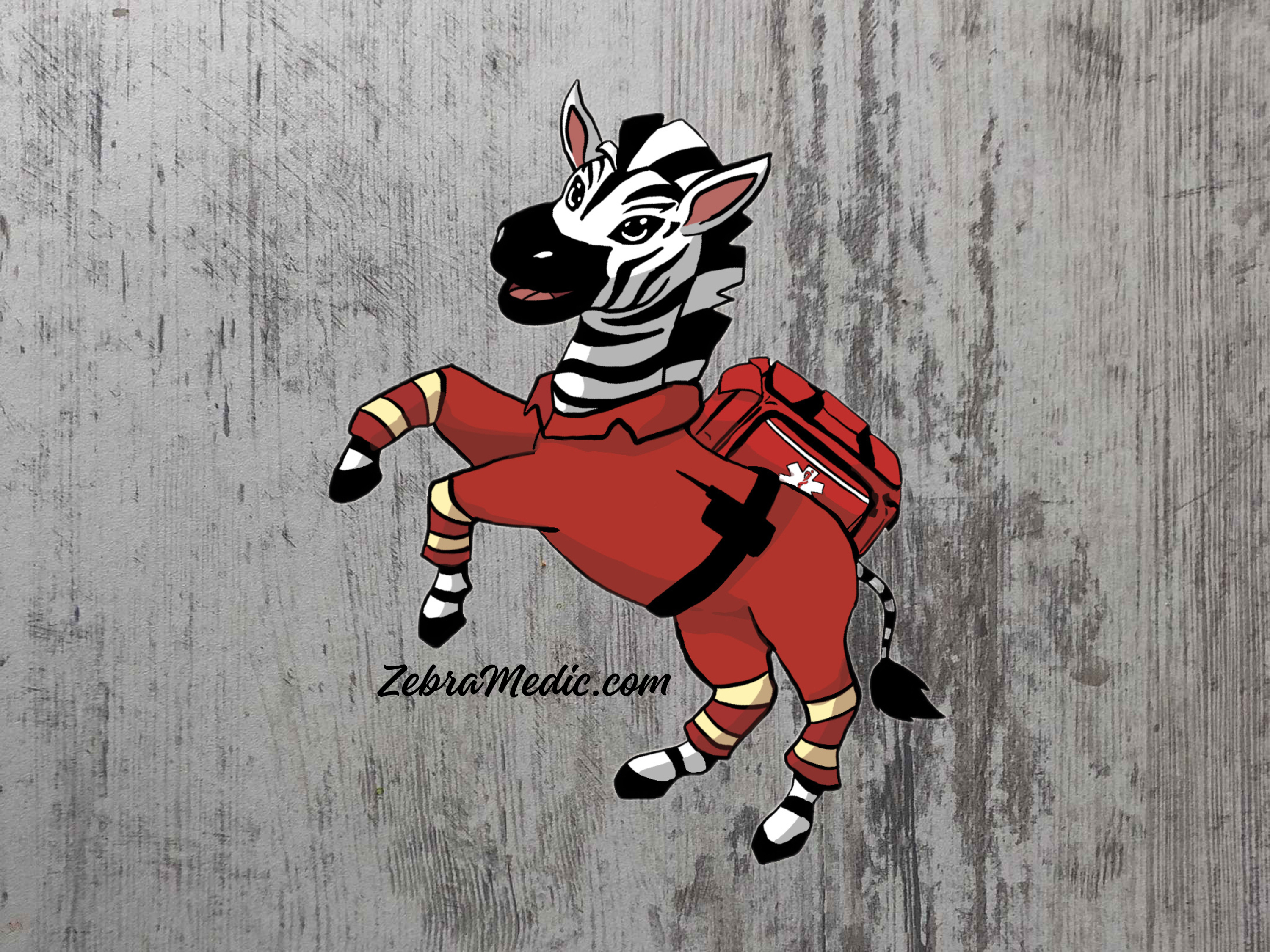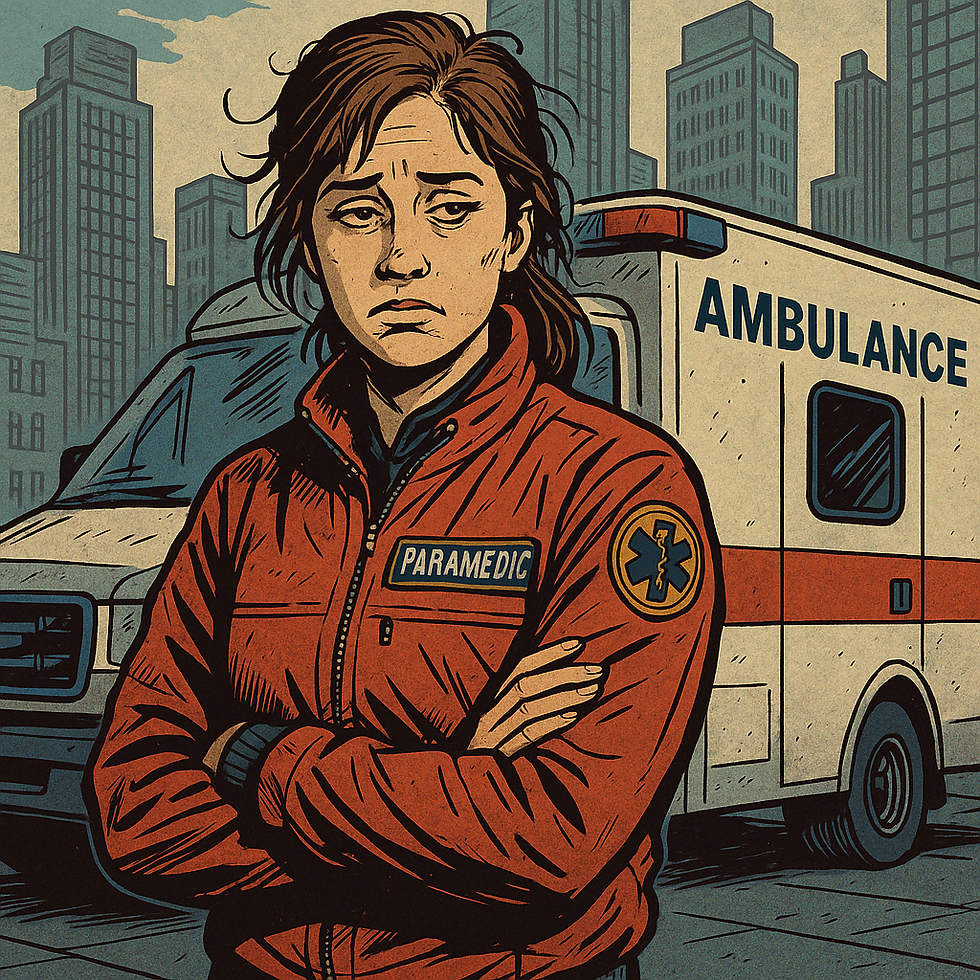💥 Deadpool, Wolverine, and EDS
- Jessy

- Jun 27, 2025
- 2 min read
Why This Mutant Mess Feels a Little Too Relatable
I walked into Deadpool & Wolverine expecting chaos, sarcasm, and regenerating body parts. What I didn’t expect was a gut-punch of emotional relatability—especially as someone living with a rare, invisible, and often misunderstood condition like Ehlers-Danlos Syndrome (EDS).
Because beneath the humor, meta jokes, and mutant mayhem, the film delivers something deeper: a surprisingly raw take on pain, identity, and what it means to survive when your body betrays you.
🧠 The Psychology Under the Spandex
Let’s start with the basics. Both Deadpool (Wade) and Wolverine (Logan) are broken. Physically, emotionally, and existentially. They joke their way through trauma, shove people away before they can get too close, and exist in a state of permanent damage control.
Sound familiar?
Deadpool hides behind humor. Every wisecrack is a shield, every punchline a distraction. He’s fully aware of how messed up he is—and uses sarcasm to cope.
Wolverine is emotionally walled off. His trauma is quieter but runs deep: regret, guilt, and the exhaustion of surviving too long in a body that won’t let him rest.
Together, they stumble toward something that resembles healing. Not perfection. Not a cure. But something like acceptance.
🦓 Life with EDS: The Real Mutant Experience
People like to joke that those of us with EDS are “medical mutants.” I mean, we dislocate joints while sneezing and bruise like overripe fruit. But here’s the real parallel:
Living with EDS is like being a real-world version of Deadpool — minus the cool weapons and the fast healing. Our bodies do things they shouldn’t. We’re in pain, even when we’re smiling. We make jokes because sometimes that’s the only way to keep going.
Wolverine? He’s the embodiment of medical gaslighting. He looks fine. Strong. Capable. But on the inside, he’s wrecked. And no one sees it until it spills out. Sound familiar?
🤝 Found Family, Found Strength
One of the most powerful themes in the movie is the idea that we don’t heal alone.
Deadpool and Wolverine are not friends at the start. They’re grumpy trauma buddies reluctantly dragged into a shared mission. But through the bickering and the bloodshed, something real forms. Trust. Loyalty. A sense of “I’ve got your back, even when you’re a hot mess.”
That’s what community looks like for those of us with rare diseases. We find our fellow zebras. We hold space for each other’s pain, laugh through the madness, and remind one another we’re not alone in this multiverse of medical mayhem.
🦸 Final Thoughts from One Zebra to Another
Deadpool & Wolverine might be about mutants, but it’s also about survival. It’s about learning to live in a body that doesn’t cooperate. About refusing to be defined by pain. About showing up anyway, flaws and all.
And maybe that’s why it resonated so deeply.
Because we’re not just patients. We’re warriors. We’re funny, frustrated, falling apart—and still fighting.
And if Deadpool can walk into battle with a busted body and a sarcastic smile, so can we.
(But maybe with fewer explosions. Or not. No judgment.)




Comments